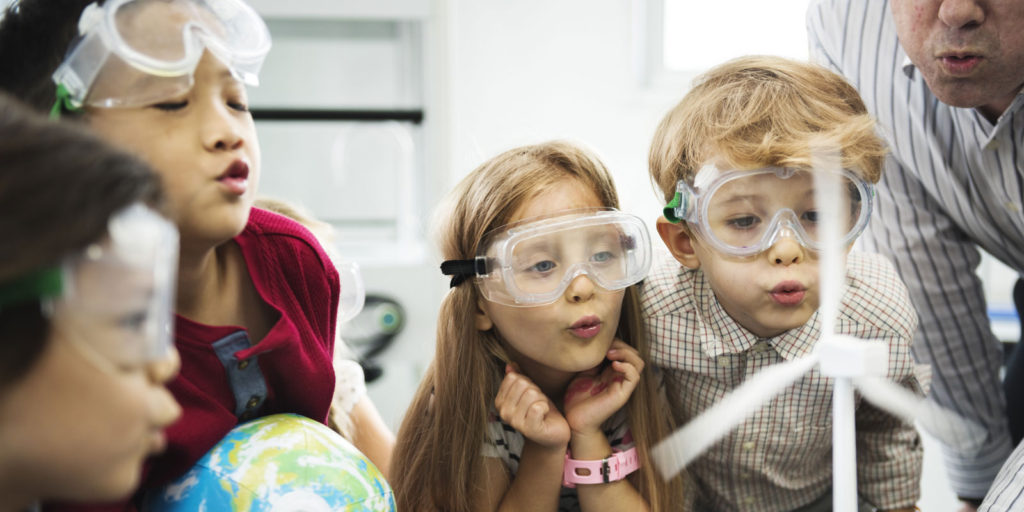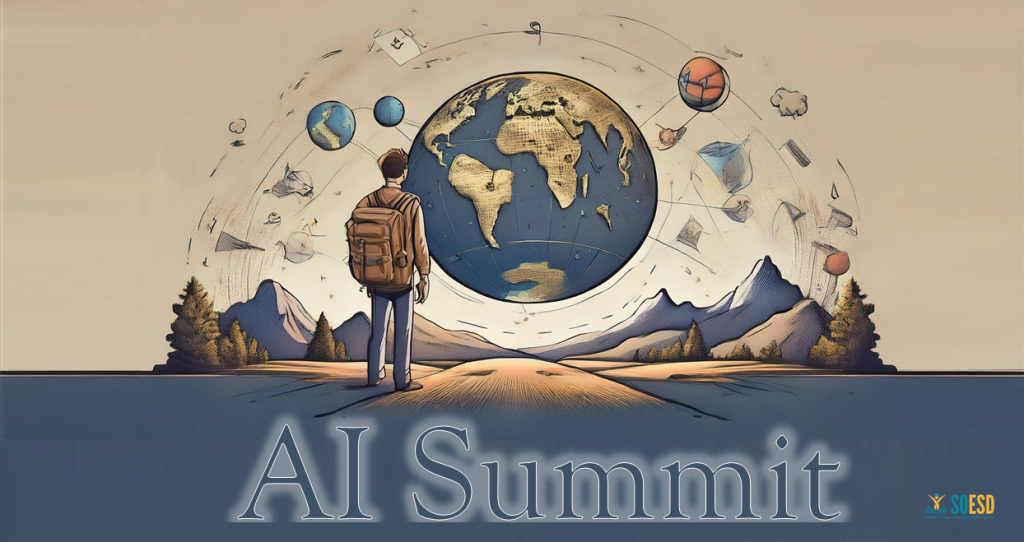
Oregon! This state-wide in-service October 11th, come join us for a full day of session on AI and emerging developments in the field. We will cover education uses from teacher support, and student use to AI and the law. We hope to have something for both our educational audiences, and the larger community. A wide range of speakers has been selected to provide topics designed to meet your needs and inspire your exploration into the expanding uses of AI.
When
October 11th is Statewide In-service Day!
Location
Jackson County Health & Human Services
140 S Holly St.
Medford, OR 97501
Free for Southern Oregon ESD Region Educators, Community Partners and educators from other areas welcome at a nominal $50 registration. If you group would like to set up group registration please contact us.
Contact Information
Aaron Cooke at 541-261-0107 aaron_cooke@soesd.k12.or.us
Speakers
Educator, Attorney, Consultant, Author
Dr. Rachelle Dené Poth is an edtech consultant, presenter, attorney, author, and teacher of Spanish and STEAM: Emerging Technology. Rachelle has a Juris Doctor degree from Duquesne University School of Law, a Master’s, and a Doctorate in Instructional Technology. Rachelle specializes in AI, AI and the Law, AR/VR, Cybersecurity, SEL, and STEM, in addition to other topics as requested. She has more than six years of teaching and presenting on AI in her classroom and working with educators worldwide.
Rachelle is an ISTE-certified educator and recipient of the ISTE Making IT Happen Award and several presidential gold and silver awards for volunteer service. She presents regularly at state, national, and international conferences and provides professional development and coaching for educators on a variety of topics, including assessments and emerging technologies such as AI, AR and VR, and STEM. She is the author of nine books and a blogger for Defined Learning, Edutopia, and Getting Smart.
Mandy DePriest for AI for Education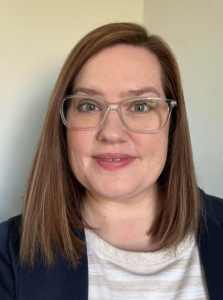
Our mission is to provide AI literacy training to 1 million educators and lead the responsible adoption of Generative AI in the education ecosystem, empowering teachers and ultimately improving student outcomes while preparing them for the future.
Mandy is a Curriculum & Content Developer at AI for Education. She has over 15 years of experience in public education, having served as a classroom teacher, library media specialist, and instructional coach. She has also taught education technology courses in higher education settings as well as professional development workshops for teachers on the transformative power of technology. She is committed to ensuring that students are prepared for the dynamic demands of the future by leveraging the power of technology-driven instruction.
Broadband & Digital Technologies Adoption Coordinator
Oregon State University | Extension & Engagement Computing Technology Unit
As Broadband and Digital Technologies Adoption Coordinator at Oregon State University, I engage with communities and organizations across Oregon to help them access and use broadband and digital technologies safely and responsibly for education, telemedicine, workforce and economic development. This includes promoting and educating on topics such as digital equity, digital literacy, safe computing/cybersecurity, and digital technologies adoption.
 Anjali Rajpara from Brisk
Anjali Rajpara from Brisk
Brisk Teaching is a Chrome Extension designed for educators and school leaders, offering tools that streamline lesson planning, align curriculum with academic standards, and provide real-time data insights, helping teachers reclaim 10-20+ hours per week.
Anjali serves as the Customer Success Lead at Brisk Teaching. Since joining the team early this year, she has supported hundreds of schools and districts in implementing Brisk. Previously, Anjali spent five years on the Customer Success team at NoRedInk, also partnering with districts in a similar capacity. She is passionate about supporting teachers and students through leveraging the power of technology.

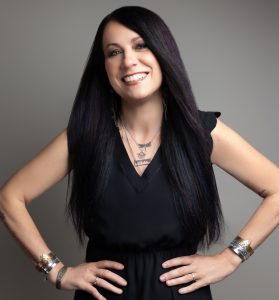
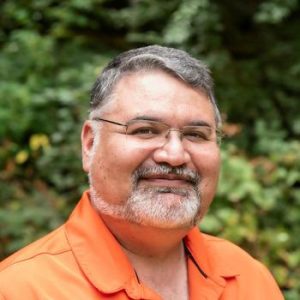




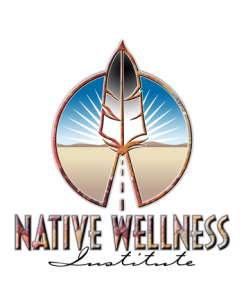
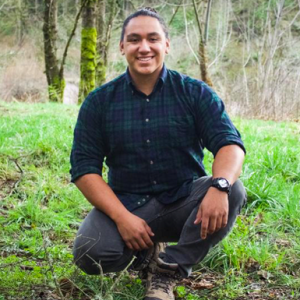 Josh is from the Kiowa, or Ka’igwu people in Oklahoma, and the kingdom of Tonga in the South Pacific. He is a certified outdoor instructor and facilitator, with an associate’s degree from Whitireia Polytechnic in Wellington, New Zealand. He has traveled extensively in the South Pacific for work and service including: Papua New Guinea, Tonga, and Australia. Most recently he has worked in the Tonto National Forest in Arizona as a trail walker, coordinator, and trainer for an outdoor behavioral healthcare foundation. From the age of 14, Josh was given a position in a military society of his tribe, and trained as a youth leader to preserve and share traditional knowledge with his generation. He seeks to honor and share that knowledge with everyone. “My hope is that I can help reintroduce people from all walks of life to our First Mother in all her wisdom and beauty. I hope to inspire healing, harmony, and connection through the use and passing of traditional skills in the outdoors.”
Josh is from the Kiowa, or Ka’igwu people in Oklahoma, and the kingdom of Tonga in the South Pacific. He is a certified outdoor instructor and facilitator, with an associate’s degree from Whitireia Polytechnic in Wellington, New Zealand. He has traveled extensively in the South Pacific for work and service including: Papua New Guinea, Tonga, and Australia. Most recently he has worked in the Tonto National Forest in Arizona as a trail walker, coordinator, and trainer for an outdoor behavioral healthcare foundation. From the age of 14, Josh was given a position in a military society of his tribe, and trained as a youth leader to preserve and share traditional knowledge with his generation. He seeks to honor and share that knowledge with everyone. “My hope is that I can help reintroduce people from all walks of life to our First Mother in all her wisdom and beauty. I hope to inspire healing, harmony, and connection through the use and passing of traditional skills in the outdoors.”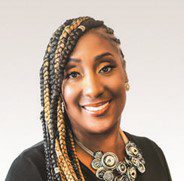
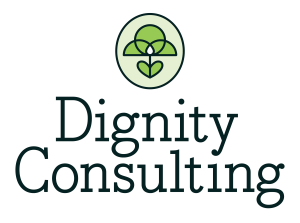
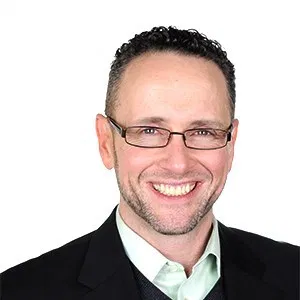
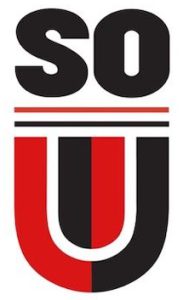 Special announcement!
Special announcement!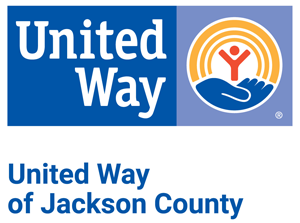
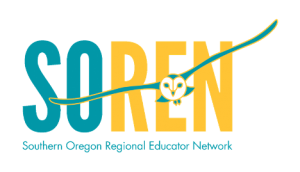
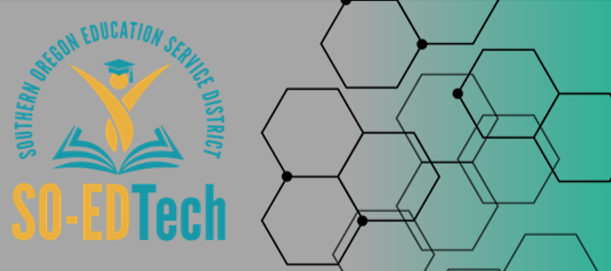
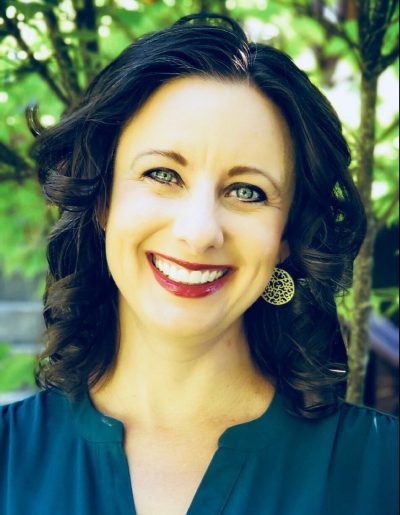


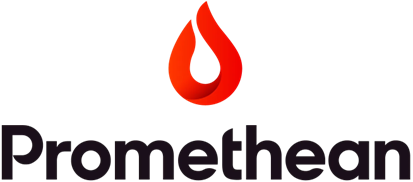
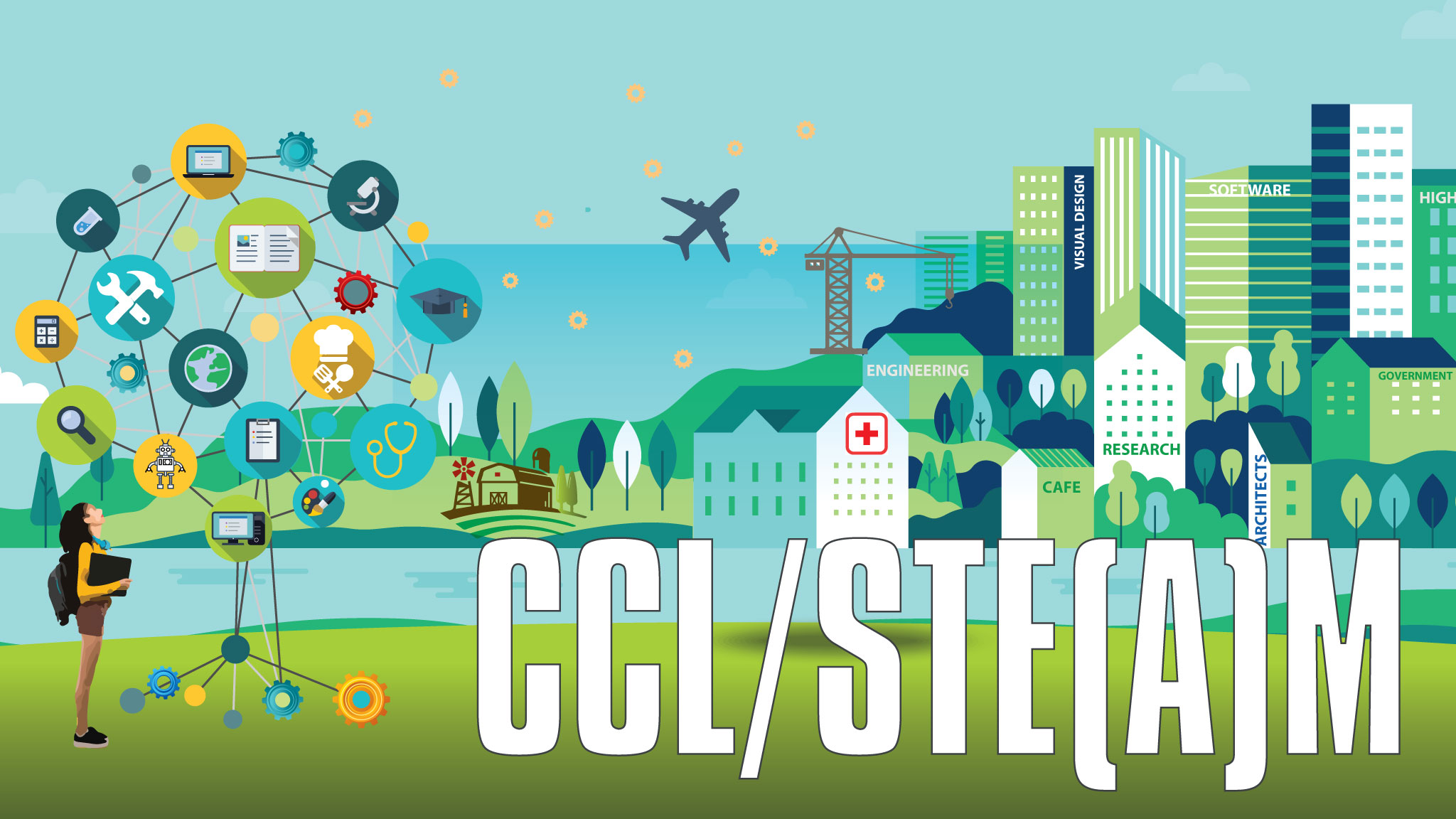
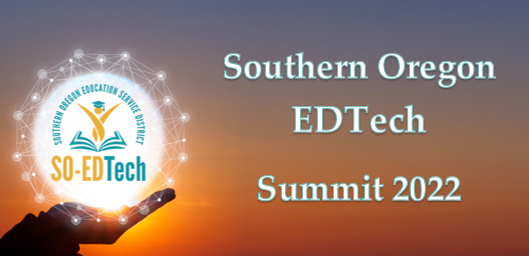
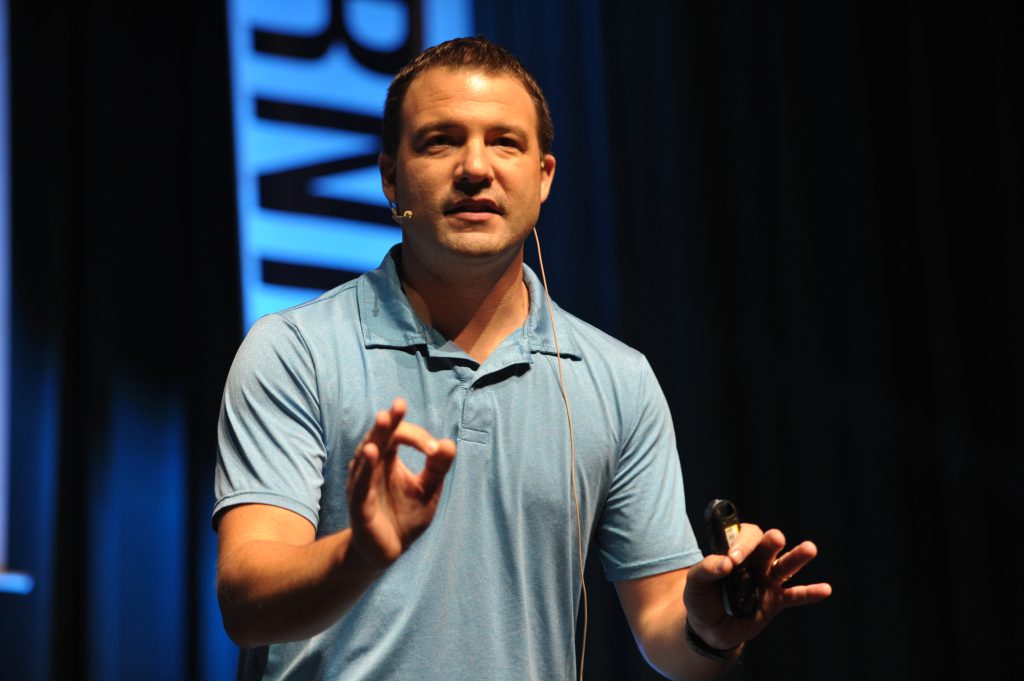 How the Pandemic made you an Awesome Educator
How the Pandemic made you an Awesome Educator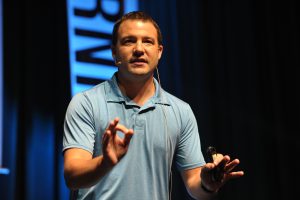 Getting Social with Students
Getting Social with Students 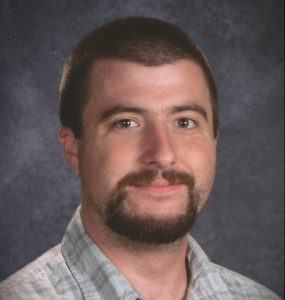 NGSS Assessments
NGSS Assessments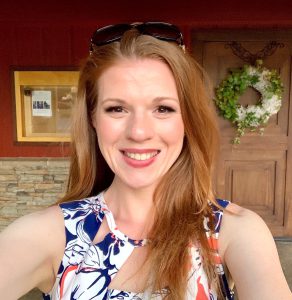 The STEAM Dream
The STEAM Dream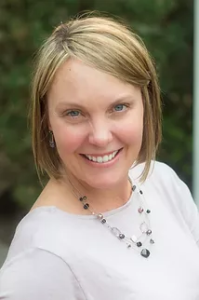 SOESD lending library – Introduction to Drones in the Classroom
SOESD lending library – Introduction to Drones in the Classroom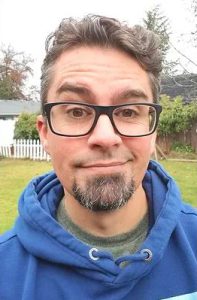 Gabriel Hildreth and Amy Maukonen are middle school educators at The Valley School, a public charter school in Medford. Gabriel has taught many exploratory STEM classes including video game production, student newsroom, architecture, tiny home modeling, product design, and digital music production. Gabriel has also been flying drones for the past 8 years. He is passionate about bringing drone technology into the classroom to teach students how to implement code blocks and python to piot drones in various. Gabriel is excited to bring his passion into the classroom to find more ways to get students excited and engaged in learning. Amy Maukonen is the founder of the Project Based school, currently serving as the Education Director. Amy holds a BS in science education and an MS in Special Education. Her mission is to create school cultures that honor students’ strengths and identities, build confidence and self-efficacy through authentic learning experiences, and reduce inequities and gaps in STEAM. This session will be a demonstration of coding and piloting Tello drones – small, affordable drones that are easy, accessible entry points into flying drones. We will also have a Lego FlyBrix drone that students build and fly, learning electronics and physics involved with drone building. There will be time for trying out the drones and some lesson ideas on how to bring them into your classroom.
Gabriel Hildreth and Amy Maukonen are middle school educators at The Valley School, a public charter school in Medford. Gabriel has taught many exploratory STEM classes including video game production, student newsroom, architecture, tiny home modeling, product design, and digital music production. Gabriel has also been flying drones for the past 8 years. He is passionate about bringing drone technology into the classroom to teach students how to implement code blocks and python to piot drones in various. Gabriel is excited to bring his passion into the classroom to find more ways to get students excited and engaged in learning. Amy Maukonen is the founder of the Project Based school, currently serving as the Education Director. Amy holds a BS in science education and an MS in Special Education. Her mission is to create school cultures that honor students’ strengths and identities, build confidence and self-efficacy through authentic learning experiences, and reduce inequities and gaps in STEAM. This session will be a demonstration of coding and piloting Tello drones – small, affordable drones that are easy, accessible entry points into flying drones. We will also have a Lego FlyBrix drone that students build and fly, learning electronics and physics involved with drone building. There will be time for trying out the drones and some lesson ideas on how to bring them into your classroom.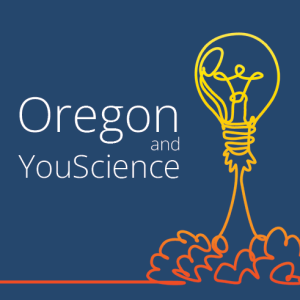 YouScience – Aptitudes Discovery for Career Guidance
YouScience – Aptitudes Discovery for Career Guidance STEM Storytelling
STEM Storytelling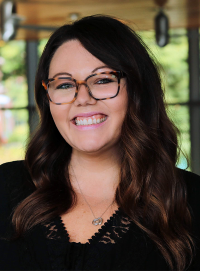 Dr. Allie Ivey
Dr. Allie Ivey
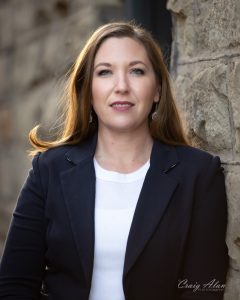 Industry Report: Technology in Careers
Industry Report: Technology in Careers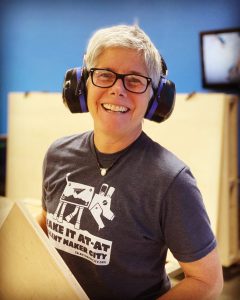 Think Outside the Box with Talent Maker City (Double Session)
Think Outside the Box with Talent Maker City (Double Session)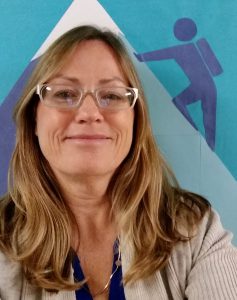 Experiencing YouScience in the Classroom: a game changer in career connected learning!
Experiencing YouScience in the Classroom: a game changer in career connected learning!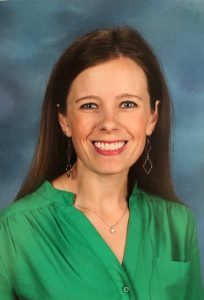 Easy Engineering Integration in the Elementary Classroom
Easy Engineering Integration in the Elementary Classroom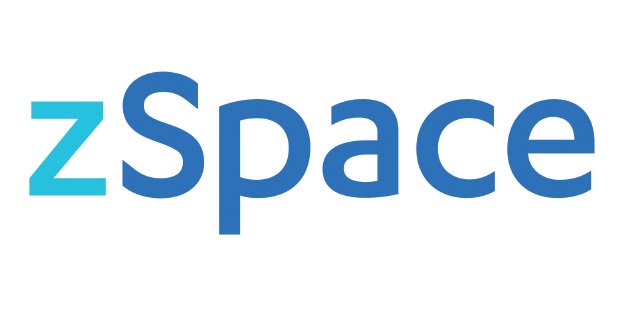


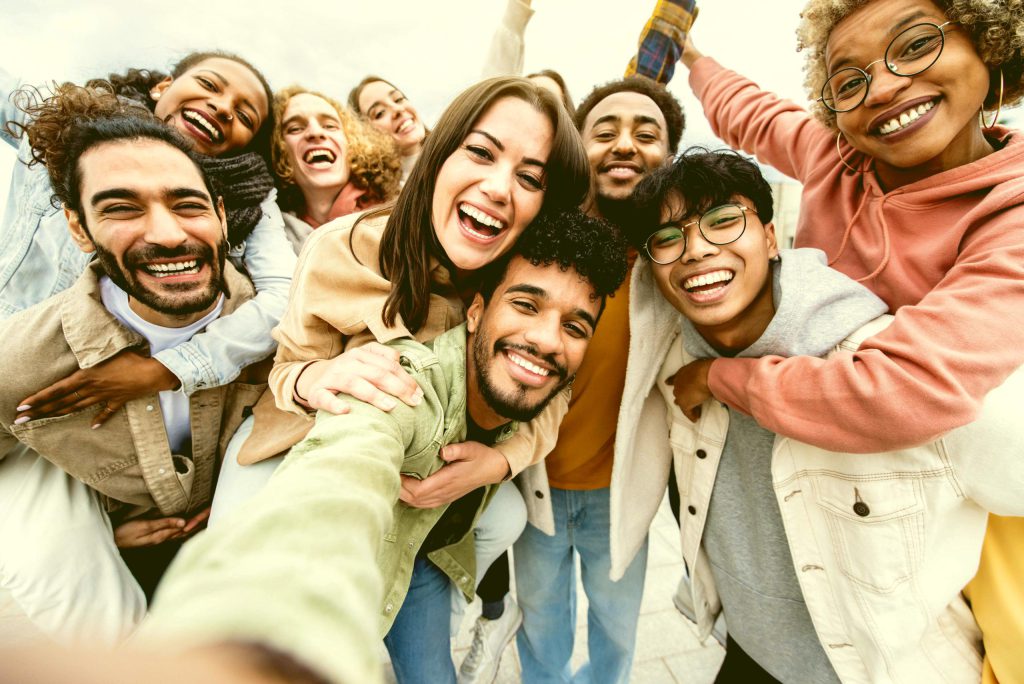
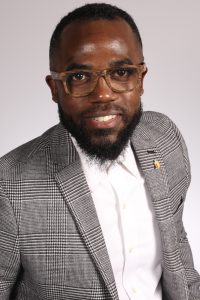
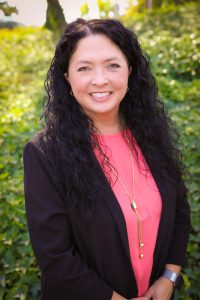 Shelly Reggiani
Shelly Reggiani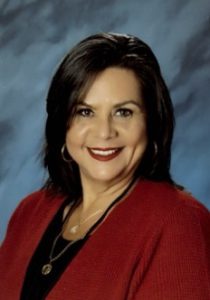 Carmen Gelman
Carmen Gelman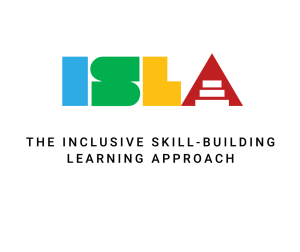
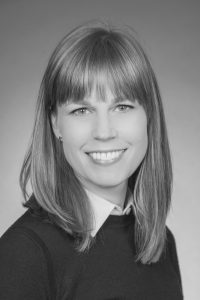 Danielle Triplett, M.Ed., is a Senior Research Assistant at the University of Oregon. She started her career in education as a middle school language arts teacher in the Portland, Oregon metropolitan area. Now, as a researcher, Ms. Triplett applies her on the ground experience in the classroom and at the district-level to shape and inform research related to making schools intentionally inviting, positive environments for students and staff. Her work has contributed to the development of training materials, tools, and interventions being used in schools throughout the country including materials for implementation that focus on systems, evidence-based practices, and the use of data specifically at the secondary level. Most recently, Ms. Triplett’s research focuses on developing an instructional alternative to exclusionary discipline that substantially changes why a student is removed from the classroom, what happens when a student is sent to the office, and what happens when the student returns to the classroom.
Danielle Triplett, M.Ed., is a Senior Research Assistant at the University of Oregon. She started her career in education as a middle school language arts teacher in the Portland, Oregon metropolitan area. Now, as a researcher, Ms. Triplett applies her on the ground experience in the classroom and at the district-level to shape and inform research related to making schools intentionally inviting, positive environments for students and staff. Her work has contributed to the development of training materials, tools, and interventions being used in schools throughout the country including materials for implementation that focus on systems, evidence-based practices, and the use of data specifically at the secondary level. Most recently, Ms. Triplett’s research focuses on developing an instructional alternative to exclusionary discipline that substantially changes why a student is removed from the classroom, what happens when a student is sent to the office, and what happens when the student returns to the classroom.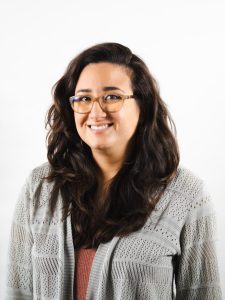 Maria Santiago-Rosario
Maria Santiago-Rosario
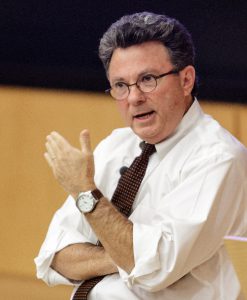
 The Oregon Center for Educational Equity is a network of highly skilled, diverse facilitators and professional development leaders whose mission is to interrupt and transform current and systemic educational inequities to ensure all students have access to personalized, equitable and high performing schools that believe and demonstrate each student can, should and will succeed.
The Oregon Center for Educational Equity is a network of highly skilled, diverse facilitators and professional development leaders whose mission is to interrupt and transform current and systemic educational inequities to ensure all students have access to personalized, equitable and high performing schools that believe and demonstrate each student can, should and will succeed. Instructor: Jesse Scott
Instructor: Jesse Scott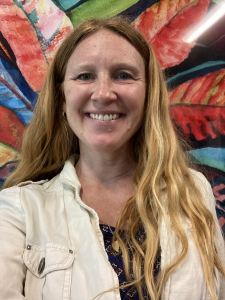 Alison Schlicht currently works with North Clackamas School District as an elementary school principal. She is bilingual in Spanish and English with experience teaching and leading diverse groups of staff and students with a focus on bilingual education and teaching students learning English as a second language. Prior to working as a principal, Alison worked as a specialist and trainer in culturally responsive instructional practices. She is committed to her service as a leader for educational equity. As a facilitator with the Oregon Center for Educational Equity (OCEE), Alison supports school district efforts to create more equitable systems and structures.
Alison Schlicht currently works with North Clackamas School District as an elementary school principal. She is bilingual in Spanish and English with experience teaching and leading diverse groups of staff and students with a focus on bilingual education and teaching students learning English as a second language. Prior to working as a principal, Alison worked as a specialist and trainer in culturally responsive instructional practices. She is committed to her service as a leader for educational equity. As a facilitator with the Oregon Center for Educational Equity (OCEE), Alison supports school district efforts to create more equitable systems and structures.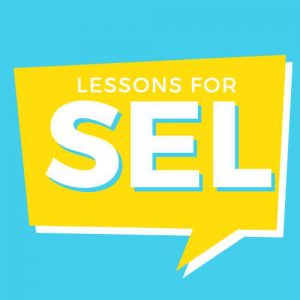 Founded in 2019 Lessons for SEL is a publishing group designed to offer Social Emotional Learning lessons to schools across the country. Their books include 6 Minute Social Emotional Learning, Circle Talk, and Discovering the Ultimate You: Lessons designed to reach students in a timeframe schools can meet. These resources have supported districts during the pandemic and create opportunities for youth of color and disabilities, as well as all students to prosper during these isolating and difficult times. Lessons for SEL is a forward-looking organization providing multiple formats and offering a variety of web resources for families and schools. The goals of Lessons for SEL are driven by its founder Dr. Byron McClure.
Founded in 2019 Lessons for SEL is a publishing group designed to offer Social Emotional Learning lessons to schools across the country. Their books include 6 Minute Social Emotional Learning, Circle Talk, and Discovering the Ultimate You: Lessons designed to reach students in a timeframe schools can meet. These resources have supported districts during the pandemic and create opportunities for youth of color and disabilities, as well as all students to prosper during these isolating and difficult times. Lessons for SEL is a forward-looking organization providing multiple formats and offering a variety of web resources for families and schools. The goals of Lessons for SEL are driven by its founder Dr. Byron McClure.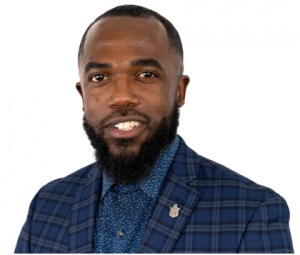
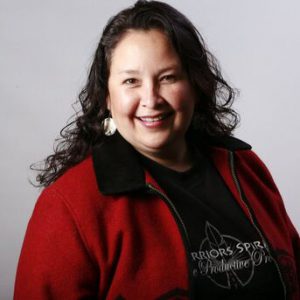 Jillene is an enrolled member of the Gros Ventre or Aaniiih people from Fort Belknap, Montana. She lives in Oregon with her life partner and children. She is the Executive Director of the Native Wellness Institute and helped to found the national nonprofit organization in 2000. She has a Bachelor of Science degree in Community Health Education and has served Indian Country for 30 years providing training and technical assistance in a variety of areas. Jillene has traveled to hundreds of Native communities and interacted with and learned from thousands of people. Whether she is providing youth leadership training, assisting women heal from childhood trauma or helping to bring wellness to the workplace, Jillene shares her passion for being positive, productive and proactive. She enjoys beading, reading, pow wowing and spending time with family and friends.
Jillene is an enrolled member of the Gros Ventre or Aaniiih people from Fort Belknap, Montana. She lives in Oregon with her life partner and children. She is the Executive Director of the Native Wellness Institute and helped to found the national nonprofit organization in 2000. She has a Bachelor of Science degree in Community Health Education and has served Indian Country for 30 years providing training and technical assistance in a variety of areas. Jillene has traveled to hundreds of Native communities and interacted with and learned from thousands of people. Whether she is providing youth leadership training, assisting women heal from childhood trauma or helping to bring wellness to the workplace, Jillene shares her passion for being positive, productive and proactive. She enjoys beading, reading, pow wowing and spending time with family and friends.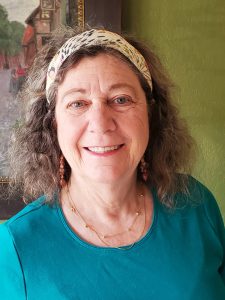 Becki Cohn-Vargas, EdD, (she/her) is the co-author of three books about identity safety including Identity Safe Classrooms Grades K–5: Places to Belong and Learn, Identity Safe Classrooms Grades 6–12: Pathways to Belonging and Learning, and Belonging and Inclusion in Identity Safe Schools: A Guide for Educational Leaders (released this summer). She designs curriculum, publishes articles, coaches schools, and produces films for Learning for Justice, Edutopia, Not In Our Town, and many other organizations. She presents internationally at conferences and provides professional development in schools and districts. Dr. Cohn-Vargas began her 35-year career in early childhood education in Sonoma County, California. She lived abroad for five years where she did earthquake relief at a hospital in the Guatemalan Highlands and produced educational films for the Nicaraguan Ministry of Education. She returned to California and worked as a teacher and principal in Oakland, curriculum director in Palo Alto, and as superintendent of a small district in San Jose. She also served as an adjunct professor at University of San Diego, Mills College, and Cal State University, East. Bay. In each setting, she focused on educational equity and effective strategies for diverse populations. She has extensive experience in creating safe spaces for LGBTQIA+ students. Her short film “Our Family, A Film About Family Diversity,” features children introducing their families, including those with LGBTQIA+ parents. Dr. Cohn-Vargas and her husband live in the San Francisco Bay Area. They have three adult children including Priscilla, Melania, and Luna. Her daughter, Melania and her wife Roya have made Becki the proud grandmother of a one-year-old grandchild, Anteo.
Becki Cohn-Vargas, EdD, (she/her) is the co-author of three books about identity safety including Identity Safe Classrooms Grades K–5: Places to Belong and Learn, Identity Safe Classrooms Grades 6–12: Pathways to Belonging and Learning, and Belonging and Inclusion in Identity Safe Schools: A Guide for Educational Leaders (released this summer). She designs curriculum, publishes articles, coaches schools, and produces films for Learning for Justice, Edutopia, Not In Our Town, and many other organizations. She presents internationally at conferences and provides professional development in schools and districts. Dr. Cohn-Vargas began her 35-year career in early childhood education in Sonoma County, California. She lived abroad for five years where she did earthquake relief at a hospital in the Guatemalan Highlands and produced educational films for the Nicaraguan Ministry of Education. She returned to California and worked as a teacher and principal in Oakland, curriculum director in Palo Alto, and as superintendent of a small district in San Jose. She also served as an adjunct professor at University of San Diego, Mills College, and Cal State University, East. Bay. In each setting, she focused on educational equity and effective strategies for diverse populations. She has extensive experience in creating safe spaces for LGBTQIA+ students. Her short film “Our Family, A Film About Family Diversity,” features children introducing their families, including those with LGBTQIA+ parents. Dr. Cohn-Vargas and her husband live in the San Francisco Bay Area. They have three adult children including Priscilla, Melania, and Luna. Her daughter, Melania and her wife Roya have made Becki the proud grandmother of a one-year-old grandchild, Anteo.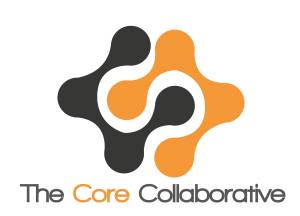
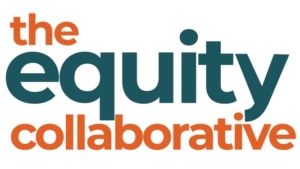
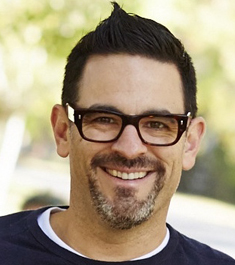 Jamie Almanzán is a facilitator, teacher, curriculum developer and leadership coach currently working as an Equity Leadership Coach and the owner of The Equity Collaborative, LLC in Oakland, California. Prior to leading The Equity Collaborative, he held the position of Senior Coach at the National Equity Project, in Oakland and he has held the position of Director of Learning and Teaching at Pacific Educational Group in San Francisco. He has focused his career on working with school and district teams to create more equitable learning environments incorporating observation, collaboration, and changing instruction to best meet the needs of underserved populations, particularly African American and Latino students. Jamie is involved in systemic school reform initiatives and is responsible for the development and facilitation of leadership seminars for state, regional and district teams across the country. Jamie leads professional learning and coaches in a wide range of schools and districts in California and nationally.
Jamie Almanzán is a facilitator, teacher, curriculum developer and leadership coach currently working as an Equity Leadership Coach and the owner of The Equity Collaborative, LLC in Oakland, California. Prior to leading The Equity Collaborative, he held the position of Senior Coach at the National Equity Project, in Oakland and he has held the position of Director of Learning and Teaching at Pacific Educational Group in San Francisco. He has focused his career on working with school and district teams to create more equitable learning environments incorporating observation, collaboration, and changing instruction to best meet the needs of underserved populations, particularly African American and Latino students. Jamie is involved in systemic school reform initiatives and is responsible for the development and facilitation of leadership seminars for state, regional and district teams across the country. Jamie leads professional learning and coaches in a wide range of schools and districts in California and nationally.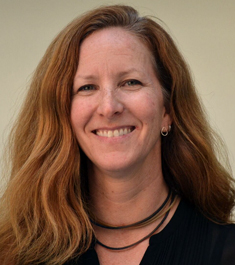 Jessica Gammell is a facilitator, coach, and teacher who catalyzes adult learning by attending to both the technical and relational aspects of change. In her work as a high school math teacher and assistant principal in the San Francisco Bay Area, she experienced firsthand how adult professional communities, when committed to learning together and focused on disrupting systemic oppression, could significantly impact student achievement. Her journey to spread that experience to others led her to the National Equity Project and Partners in School Innovation, where she coached school and district leaders and facilitated networks focused on school transformation through equity-centered continuous improvement. She is currently enrolled in an ICF certification program to deepen her coaching skills.
Jessica Gammell is a facilitator, coach, and teacher who catalyzes adult learning by attending to both the technical and relational aspects of change. In her work as a high school math teacher and assistant principal in the San Francisco Bay Area, she experienced firsthand how adult professional communities, when committed to learning together and focused on disrupting systemic oppression, could significantly impact student achievement. Her journey to spread that experience to others led her to the National Equity Project and Partners in School Innovation, where she coached school and district leaders and facilitated networks focused on school transformation through equity-centered continuous improvement. She is currently enrolled in an ICF certification program to deepen her coaching skills.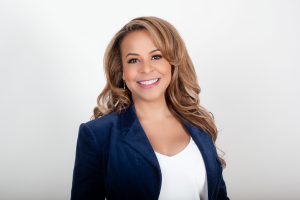
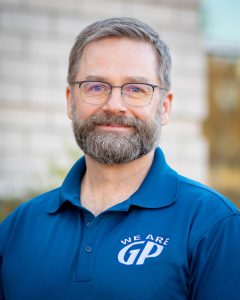 Dr. Todd Bloomquist has been working in public education since 1991. He has worked in both elementary and secondary schools as a teacher, assistant principal, and principal. He is currently the Director of School Improvement for the Grants Pass School District, overseeing Equity, Diversity, and Inclusion, homeless supports, mental health services, trauma-informed practices, and district technology. Todd received his doctorate in education from George Fox University and enjoys teaching as an adjunct faculty member at Southern Oregon University. He is a certified master Adverse Childhood Experiences Study (ACES) trainer and a certified Neurosequential Model in Education (NME) trainer.
Dr. Todd Bloomquist has been working in public education since 1991. He has worked in both elementary and secondary schools as a teacher, assistant principal, and principal. He is currently the Director of School Improvement for the Grants Pass School District, overseeing Equity, Diversity, and Inclusion, homeless supports, mental health services, trauma-informed practices, and district technology. Todd received his doctorate in education from George Fox University and enjoys teaching as an adjunct faculty member at Southern Oregon University. He is a certified master Adverse Childhood Experiences Study (ACES) trainer and a certified Neurosequential Model in Education (NME) trainer.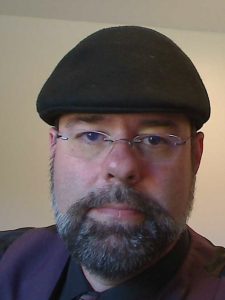 Aaron Cooke
Aaron Cooke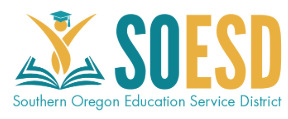
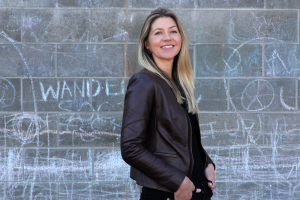 Presenter Emily Santiago MS, LEP, NCSP
Presenter Emily Santiago MS, LEP, NCSP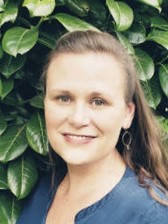 Meryl Roberts M.Ed is a Autism Specialist and Trauma Informed Education Specialist (certified from Center for Cognitive Diversity). She has a bachelor’s degree in Spanish from the University Of Denver. She earned her Master’s in Special Education and Autism Specialization at Southern Oregon University. She taught in a variety of special education settings as an aide and a teacher, then went on to be a Behavior Intervention Specialist. She is a former yoga teacher and is trained by Mindful Schools . She currently works with special education assessment and eligibility for a school district in Southern Oregon and facilitates reflective supervision sessions for the Center of Cognitive Diversity. She is passionate about supporting educators and advocating for youth.
Meryl Roberts M.Ed is a Autism Specialist and Trauma Informed Education Specialist (certified from Center for Cognitive Diversity). She has a bachelor’s degree in Spanish from the University Of Denver. She earned her Master’s in Special Education and Autism Specialization at Southern Oregon University. She taught in a variety of special education settings as an aide and a teacher, then went on to be a Behavior Intervention Specialist. She is a former yoga teacher and is trained by Mindful Schools . She currently works with special education assessment and eligibility for a school district in Southern Oregon and facilitates reflective supervision sessions for the Center of Cognitive Diversity. She is passionate about supporting educators and advocating for youth.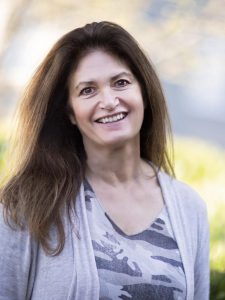 Camille Schuler teaches Advanced Southern Credit and AP English at South Medford High School. She provides professional development for dual-credit and AP teachers in Southern Oregon and Northern California. She is a regular workshop leader for the Oregon Writing Project, and has presented at the state level and at the NCTE 2020 National Conference on building academic equity and cultural empathy in the classroom. Her doctoral research focused on strengthening the core identity of Spanish Heritage speakers through academic language and literacy.
Camille Schuler teaches Advanced Southern Credit and AP English at South Medford High School. She provides professional development for dual-credit and AP teachers in Southern Oregon and Northern California. She is a regular workshop leader for the Oregon Writing Project, and has presented at the state level and at the NCTE 2020 National Conference on building academic equity and cultural empathy in the classroom. Her doctoral research focused on strengthening the core identity of Spanish Heritage speakers through academic language and literacy.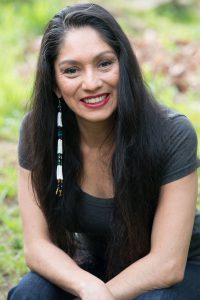 I am Estok’gna Carrizo/Comecrudo Tribe of Texas. I identify as Chicana Indigena and use She/her/ella pronouns. I am beginning my 3rd year as the Indian Education Facilitator. I come from a family of social justice activists who instilled the importance of my civic duty. I also have been given the responsibility to be a voice for our people and honor that role and do my best to walk in gratitude to my ancestors and teachers. Currently it is showing up through my job duties as the Indian ed facilitator and I am committed to building cultural capacity of our teachers and administrators to support our goals in creating an education system that empowers ALL our students. I am also dedicated to supporting our First Nations students and families in schools by encouraging Native American Student Unions and growing our Consortium Parent Committee. It is vital we create an education community that normalizes the history of the 9 Tribes of Oregon, and its honest history and begin healing and becoming whole together.
I am Estok’gna Carrizo/Comecrudo Tribe of Texas. I identify as Chicana Indigena and use She/her/ella pronouns. I am beginning my 3rd year as the Indian Education Facilitator. I come from a family of social justice activists who instilled the importance of my civic duty. I also have been given the responsibility to be a voice for our people and honor that role and do my best to walk in gratitude to my ancestors and teachers. Currently it is showing up through my job duties as the Indian ed facilitator and I am committed to building cultural capacity of our teachers and administrators to support our goals in creating an education system that empowers ALL our students. I am also dedicated to supporting our First Nations students and families in schools by encouraging Native American Student Unions and growing our Consortium Parent Committee. It is vital we create an education community that normalizes the history of the 9 Tribes of Oregon, and its honest history and begin healing and becoming whole together.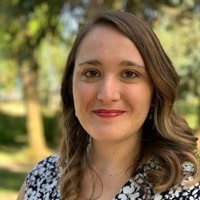 Raphi has worked with Resolve since 2011, joining the staff as a director in 2013. In her work as a lead restorative justice practitioner, trainer, coach and consultant, Raphi supports the development and delivery of restorative justice programs and services including system-wide implementation of restorative justice in schools, justice facilities, and throughout the wider community. Raphi earned her Master’s in Public Administration from the University of North Carolina Chapel Hill and completed her undergraduate degree in Human Communication and Conflict Resolution at Southern Oregon University.
Raphi has worked with Resolve since 2011, joining the staff as a director in 2013. In her work as a lead restorative justice practitioner, trainer, coach and consultant, Raphi supports the development and delivery of restorative justice programs and services including system-wide implementation of restorative justice in schools, justice facilities, and throughout the wider community. Raphi earned her Master’s in Public Administration from the University of North Carolina Chapel Hill and completed her undergraduate degree in Human Communication and Conflict Resolution at Southern Oregon University.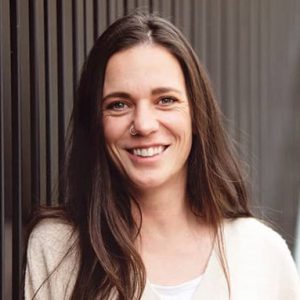 KeriAnn Rumrey is a Restorative Justice Specialist at Resolve Center for Dispute Resolution and Restorative Justice. KeriAnn specializes in consultation, training, and process coaching in several local schools as well as facilitates restorative justice dialogues between juvenile offenders and their victim/survivor(s). She graduated from Corban University with a Bachelor of Science in Human Performance and Psychology. She holds a deep belief in the interconnectedness and inherent dignity and worth of all people. KeriAnn is passionate about promoting deliberate, equitable spaces that invite the presence, voice, and lived experiences of all.
KeriAnn Rumrey is a Restorative Justice Specialist at Resolve Center for Dispute Resolution and Restorative Justice. KeriAnn specializes in consultation, training, and process coaching in several local schools as well as facilitates restorative justice dialogues between juvenile offenders and their victim/survivor(s). She graduated from Corban University with a Bachelor of Science in Human Performance and Psychology. She holds a deep belief in the interconnectedness and inherent dignity and worth of all people. KeriAnn is passionate about promoting deliberate, equitable spaces that invite the presence, voice, and lived experiences of all.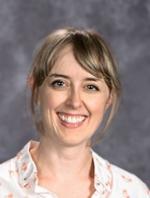 Counselor at Eagle Point High School
Counselor at Eagle Point High School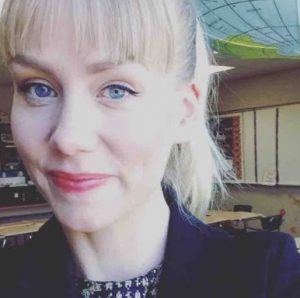 Sarai Lacy is a high school humanities and art teacher at Crater Renaissance Academy in Central Point, OR. She was a part of the SOWARE planning team and helped to develop and facilitate the agenda for the meetings. The constructivist approach is an integral part of her philosophy when teaching and learning about race both with SOWARE, in the classroom, and beyond. Resilience as an ally is built through continual exposure to sitting with discomfort, noticing how we react in certain situations, a persistent dedication to never being done with the work, and pushing beyond your comfort zone to challenge all forms of oppression.
Sarai Lacy is a high school humanities and art teacher at Crater Renaissance Academy in Central Point, OR. She was a part of the SOWARE planning team and helped to develop and facilitate the agenda for the meetings. The constructivist approach is an integral part of her philosophy when teaching and learning about race both with SOWARE, in the classroom, and beyond. Resilience as an ally is built through continual exposure to sitting with discomfort, noticing how we react in certain situations, a persistent dedication to never being done with the work, and pushing beyond your comfort zone to challenge all forms of oppression.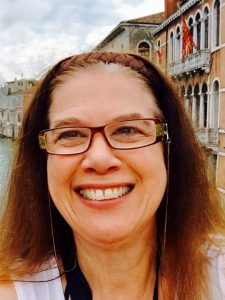 Mental Health and Wellness Specialist Southern Oregon Education Service District
Mental Health and Wellness Specialist Southern Oregon Education Service District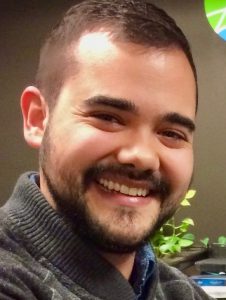 Sage Trail is a transgender man working as a tattoo artist in Portland, OR. He is a fierce activist and advocate for the queer community, serves as a youth mentor to LGBTQIA+ youth, and educates middle schoolers around issues of inclusion and gender identity. Sage strives to foster an open and safe environment when discussing these topics with educators and students, and he is committed to promoting inclusion and acceptance both in and out of the classroom.
Sage Trail is a transgender man working as a tattoo artist in Portland, OR. He is a fierce activist and advocate for the queer community, serves as a youth mentor to LGBTQIA+ youth, and educates middle schoolers around issues of inclusion and gender identity. Sage strives to foster an open and safe environment when discussing these topics with educators and students, and he is committed to promoting inclusion and acceptance both in and out of the classroom.